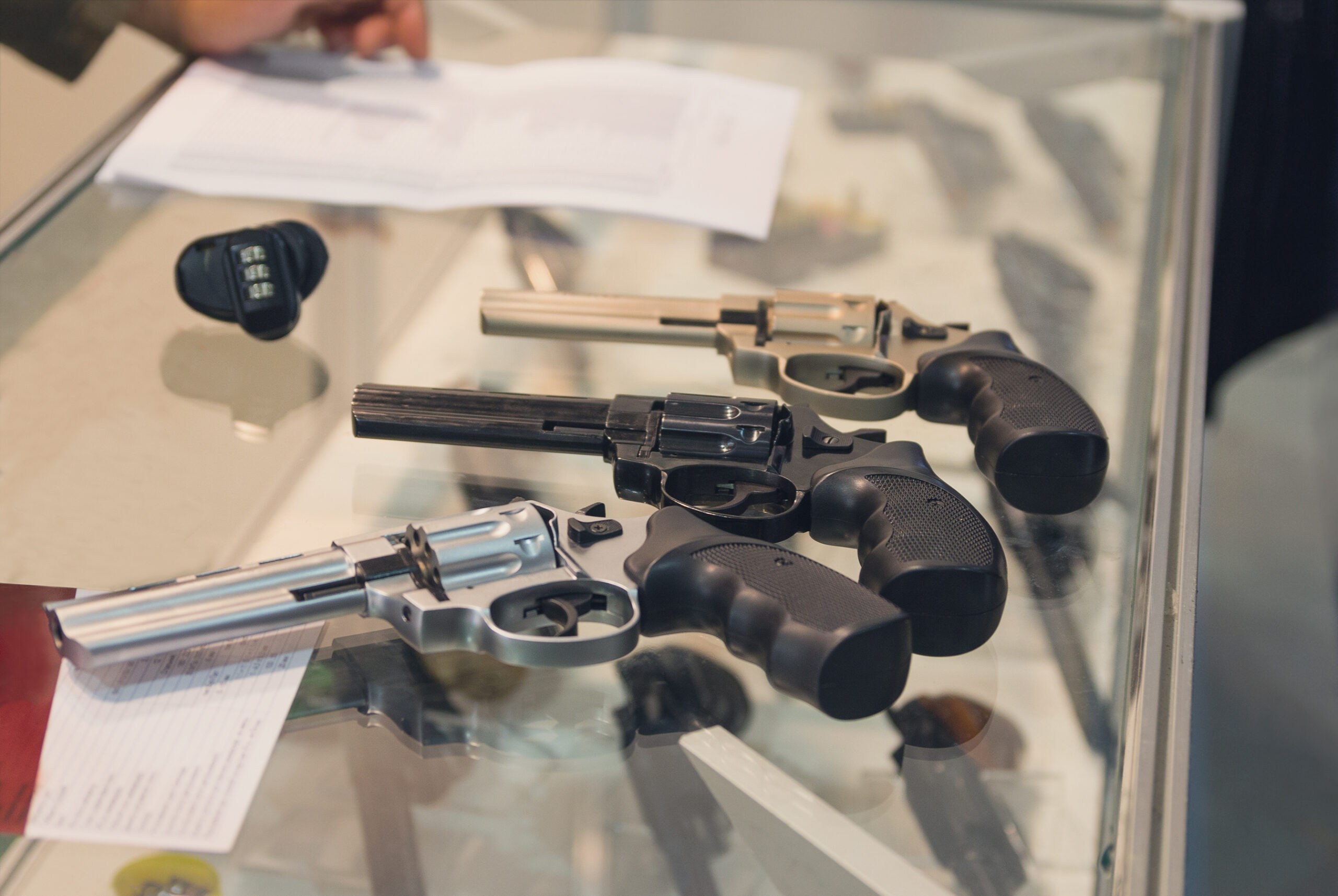Now Reading: 5 Things To Know When Selling A Firearm Safely And Legally
-
01
5 Things To Know When Selling A Firearm Safely And Legally

5 Things To Know When Selling A Firearm Safely And Legally
The private sale of firearms is legal in most states, but conducting these transactions safely and lawfully requires forethought and diligence. As a firearm owner, you must ensure any sale or transfer prevents guns from ending up in the wrong hands.
That said, this guide will outline key considerations for those looking to sell a gun while adhering to critical safety guidelines and regulations.
1. Understand Your State’s Laws And Regulations
It’s imperative to delve into the intricacies of your state’s laws and regulations governing firearm sales, including the requirements for a bill of sale for a firearm to ensure that you are selling a gun safely and legally.
The legal landscape surrounding firearms can be complex and nuanced, and it’s essential to comprehend the specific requirements applicable to your jurisdiction. Each state in the United States has the authority to establish firearm laws and regulations. Consequently, these laws can vary significantly, sometimes even within neighboring states.
2.Verify The Buyer’s Eligibility
When you decide to sell a firearm, you take on the responsibility of ensuring that you are transferring it to someone who is legally permitted to possess such a weapon. This responsibility is not only a legal obligation but also a crucial step in promoting firearm safety and preventing firearms from falling into the wrong hands.
Here are key points to consider when verifying the buyer’s eligibility:
- Age Requirement: Federal law sets specific age restrictions for firearm ownership. Individuals under 18 are prohibited from purchasing long guns, while those under 21 cannot buy handguns.
- Criminal History: Another critical aspect of buyer eligibility verification involves checking the potential buyer’s criminal history. It’s illegal to sell a firearm to someone who is prohibited from owning one due to their criminal record, including felony convictions or certain misdemeanor offenses.
- Residency Status: In some cases, residency status may also impact a person’s firearm eligibility. State laws may impose residency requirements; selling a firearm to someone not meeting these criteria could lead to legal consequences.
By meticulously verifying the buyer’s eligibility, you play a pivotal role in maintaining firearm safety and upholding the law.
3. Complete A Bill Of Sale For a Firearm
A properly completed Firearm Bill of Sale is vital to legally transfer ownership and record key details of any gun sale or purchase. This signed document should include:
- Full legal names and current addresses of both buyer and seller
- Firearm details: Make, model, serial number, caliber/gauge
- Sale terms: Purchase price and date of sale
- Signed statements from the seller confirming legal ownership and from the buyer attesting eligibility to possess firearms
It’s critical that all information is accurate and legible. Both parties must sign and retain copies of the Bill of Sale for their records and comply with applicable gun laws.
4. Maintain A Record Of The Sale
Maintaining a comprehensive record of firearm sales is a fundamental step in ensuring a responsible and legal transaction. Here’s a more detailed explanation of the importance of keeping such records:
- Proof Of Legal Sale: The record of the firearm sale serves as tangible proof that the transaction was conducted in accordance with the law. In the event of any inquiries or investigations, having a well-documented record can help establish the legality of the sale and protect both the seller and the buyer.
- Verification Of Compliance: By maintaining records, you demonstrate your commitment to complying with all applicable firearm sales laws and regulations. This transparency promotes responsible firearm ownership and builds trust within the community and law enforcement agencies.
- Protection Against Legal Issues: In case of disputes or legal challenges related to the sale, having a comprehensive record can be invaluable. It can serve as a vital resource for clarifying the details of the transaction. This information can protect you from false accusations and potential legal ramifications.
- Future Accountability: Maintaining records reflects a sense of responsibility and accountability as a firearm seller. It ensures you have a clear trail of documentation that can be accessed if needed. This level of organization can be particularly beneficial if you decide to sell firearms regularly or if you ever need to provide information about past transactions.
By diligently documenting your firearm sales, you contribute to the overall safety and accountability of the firearms industry, promote responsible ownership, and protect your legal interests.
5. Ensure Safe Transfer Of The Firearm
Ensuring a safe firearm transfer is an integral part of responsible and lawful firearm sales. Here’s the importance of this process and the associated reporting requirements:
- Prioritizing Safety: The safety of everyone involved in the firearm sale is paramount. Begin by confirming that the firearm is unloaded and devoid of any live ammunition. This initial step minimizes the risk of accidental discharges during the transfer.
- Secure Storage: Once you’ve verified that the firearm is unloaded, place it securely in a locked case or container. This precautionary measure ensures that the gun remains inaccessible to unauthorized individuals and adds extra safety to the transaction.
- Educate The Buyer: As part of the safe transfer process, take the time to educate the buyer about the firearm’s features, secure handling, and storage procedures. This information contributes to responsible firearm ownership and minimizes the potential for accidents.
This step guarantees the safety of all parties involved and helps prevent the misuse or mishandling of firearms.
Conclusion
Selling a firearm safely and legally is a responsibility that shouldn’t be taken lightly. By understanding and following the steps mentioned above, you can navigate the process with confidence and integrity. Always remember that safety, legality, and responsibility should be at the forefront of every firearm sale you undertake.










